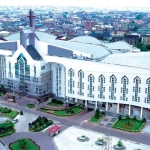General elections are one of the strongest tools for improving democratic governance in Africa. They give citizens the chance to shape national priorities, check government power, and hold political leaders accountable. Through their votes, citizens can determine the country’s development, choose capable representatives, and penalize those who do not perform.
However, in Tanzania, elections bring to light a troubling trend. Dormant political parties often emerge only during the election season, frequently with no real intention of competing for power. Their hidden agenda is to exploit government subsidies meant for political parties instead of genuinely pursuing national development.
The PR Void at the Heart of Political Campaigns
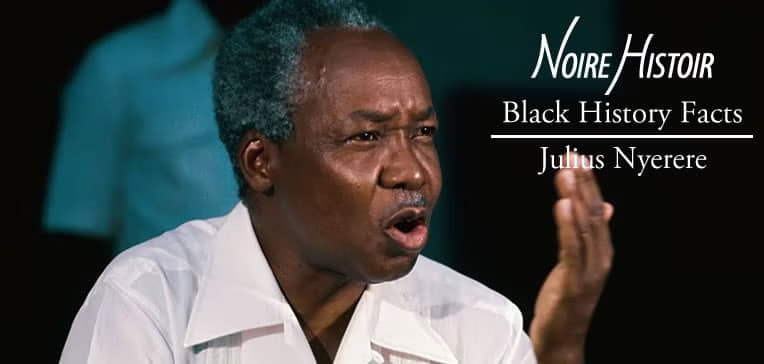
In politics, Public Relations (PR) is not just a bonus; it’s essential. A good PR campaign builds a candidate’s image, communicates policy priorities, and shapes public opinion. It turns political ideals into relatable, compelling stories that create trust and encourage voter support.
Yet, leading up to this year’s elections, most political parties have failed to present strong, visionary PR campaigns. Instead of offering messages of hope, change, and progress, parties have relied on vague promises and dull rhetoric. This shortcoming has left Tanzanian voters feeling disengaged and doubtful.
Some presidential candidates have even made confusing public statements, like promising to “employ Mama Samia,” the current President, if they win. Such comments show a lack of serious political vision and reveal the absence of a skilled PR team to create a clear campaign message.
Consequences of PR Failure
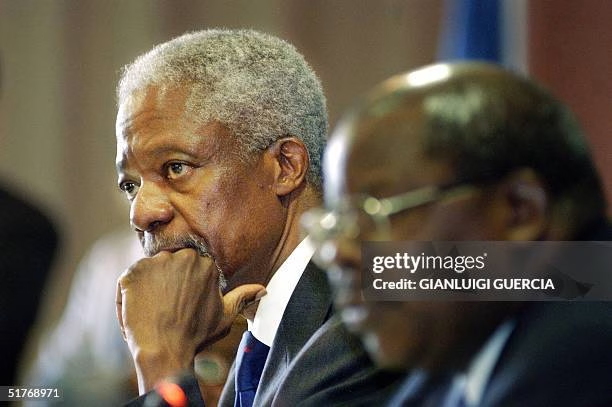
Without solid PR, candidates face:
- Poor strategic messaging
- Weak media engagement
- Inability to manage crises effectively
- Loss of voter trust and credibility
- Minimal visibility in national political discussions
The outcome is an electoral scene where voters feel they have few options beyond the ruling party, Chama Cha Mapinduzi (CCM). Opposition parties become passive observers instead of competitive forces.
Why Strategic PR is a Game-Changer in Elections
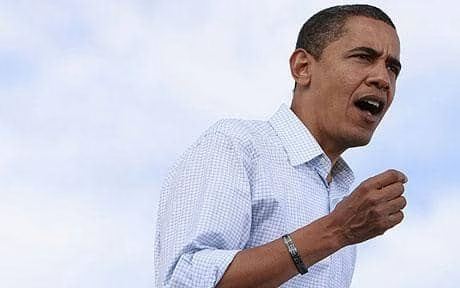
Winning an election requires more than good policies; it requires the ability to present those policies in ways that connect with the public. Strategic PR fills that gap, allowing candidates to:
- Build influence and credibility
- Gather financial support from donors and backers
- Shape public opinion through consistent messaging
- Prevent crises from escalating
Political influence isn’t given overnight; it is earned through ongoing engagement and strategic communication. Parties that do not invest in PR are effectively giving up their chances of electoral success.
The Bottom Line
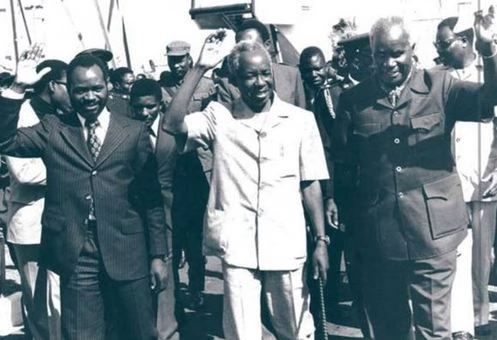
Tanzania’s upcoming elections remind us that political competition involves more than manifestos and rallies; it requires mastering the Art of Persuasion through PR. Unless parties move away from seasonal, subsidy-driven politics and invest in ongoing strategic communication, voters will continue to experience a hollow democracy with no real contest for power.
In politics, just like in business, perception shapes reality. Right now, the reality is that Tanzania’s opposition is losing the perception battle before the actual fight even starts


